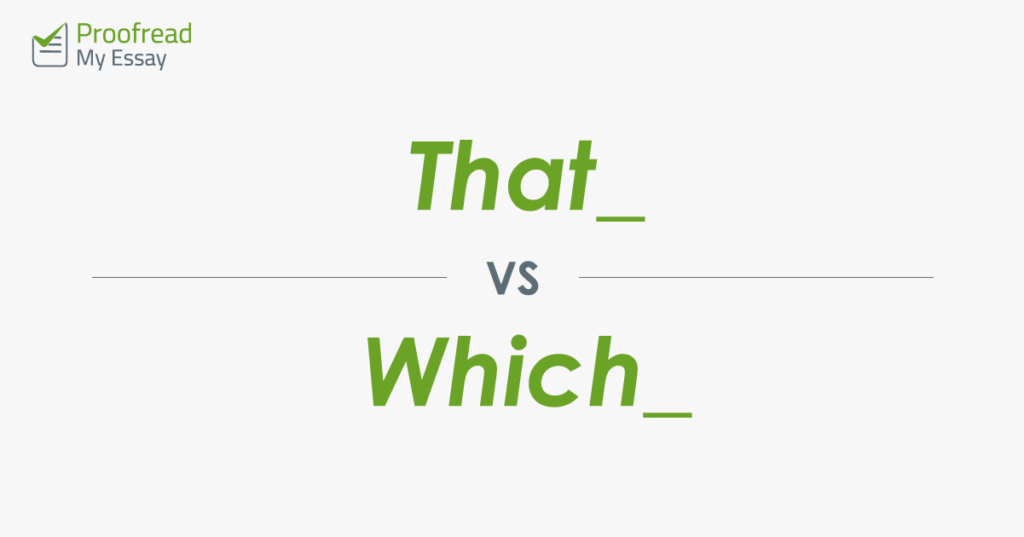For two such common words, ‘that’ and ‘which’ cause a lot of headaches. This is probably because UK and American English differ slightly in terms of how they’re used. But what are these differences? And how should you use ‘that’ and ‘which’ in your written work? Let’s take a look.
Relative Clauses
‘That’ and ‘which’ are both relative pronouns. This means they are used to introduce information in a sentence that tells us more about a noun.
For example, if we say ‘the cat is outside’, nothing in the sentence specifies which cat we mean. It could be any cat.
But if we say ‘the cat that stole your lunch is outside’, the relative clause ‘that stole your lunch’ gives us an idea about which cat we’ve spotted.
(Photo: brownpau/flickr)
To explain the difference between ‘that’ and ‘which’, we need to look at restrictive and non-restrictive relative clauses.
Restrictive and Non-Restrictive Relative Clauses
A restrictive relative clause restricts the meaning of what we’re saying. For example, the restrictive clause in this sentence is ‘that I built’:
The house that I built survived the storm.
In this case, ‘that I built’ is restrictive because it specifies the particular house we’re talking about. This implies that we’re using this extra information to pick one house out of several possible houses.
(Photo: Ryan Kitko/wikimedia)
A non-restrictive clause, on the other hand, simply provides more information about the thing we’re talking about rather than identifying it:
The house, which I built, survived the storm.
In this case, the relative clause is set apart with commas because it isn’t essential to the sentence. We thus use non-restrictive clauses if there is no doubt about what we’re discussing but want to provide extra detail.
In summary, we can think of these different clause types as follows:
- Restrictive clauses identify the thing we are talking about, so they cannot be removed from a sentence without changing its meaning.
- Non-restrictive clauses provide extra, non-essential detail about the thing we’re talking about. As such, we set this information apart from the main sentence with a comma or pair of commas.
Word Choice: That or Which?
You may have noticed that we use ‘that’ for a restrictive clause and ‘which’ for a non-restrictive clause in the examples above. This is the standard usage in American English, so you will see restrictive clauses written like this a lot.
In British English, however, ‘that’ and ‘which’ can both be used for restrictive clauses, allowing for a bit more flexibility. But in both the US and the UK, non-restrictive clauses are only written with ‘which’.
If you want to avoid confusion, use ‘that’ for restrictive clauses and ‘which’ for non-restrictive clauses. But this is a matter of style for restrictive clauses, especially in the UK. Keep the following in mind if you’re unsure:
|
That or Which? |
Example Sentence |
British English |
American English |
|
That (Restrictive) |
The house that I built survived. |
✓ |
✓ |
|
That (Non-Restrictive) |
The house, that I built, survived. |
✗ |
✗ |
|
Which (Restrictive) |
The house which I built survived. |
✓ |
✗ |
|
Which (Non-Restrictive) |
The house, which I built, survived. |
✓ |
✓ |
Find this useful?
Subscribe to our newsletter and get writing tips from our editors straight to your inbox.
